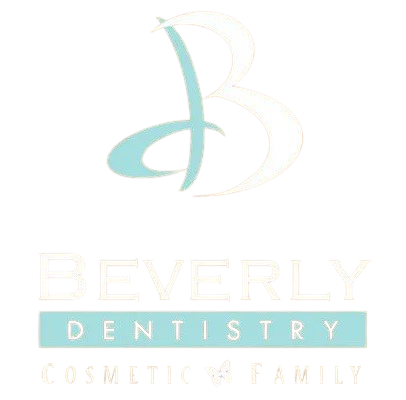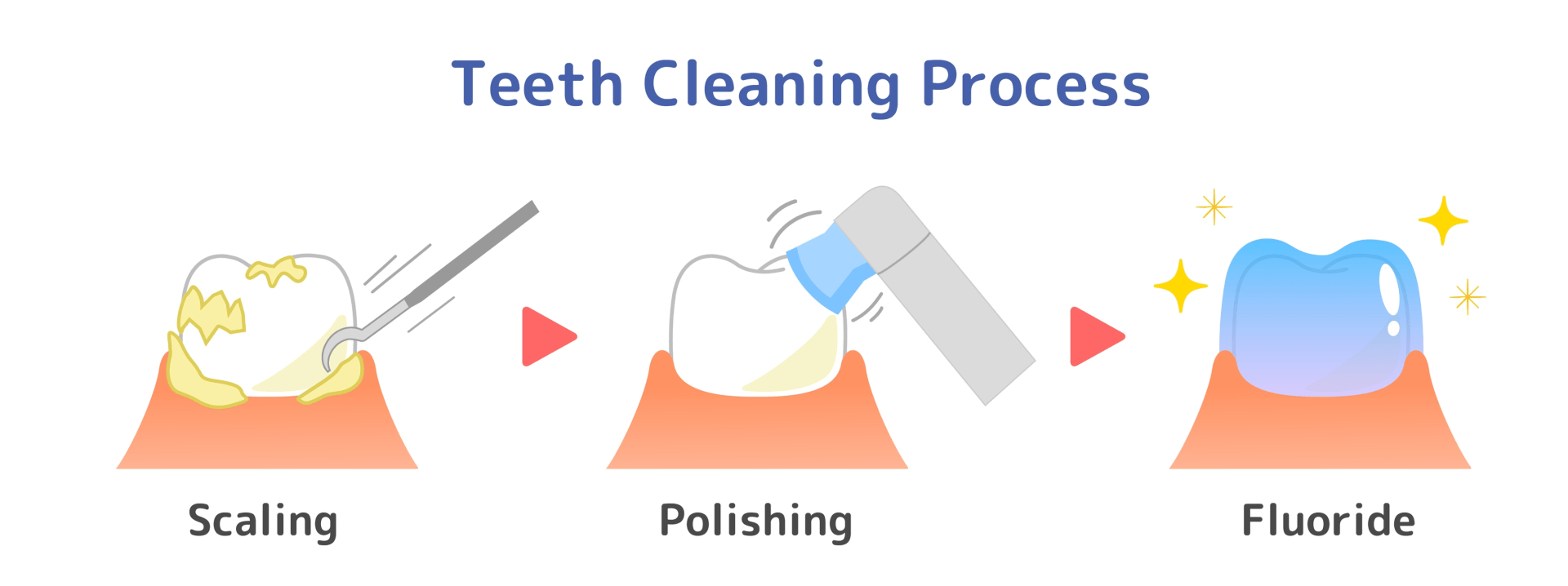Cleaning
Professional teeth cleaning. Brushing and flossing everyday is only apart of the battle! Another important part is having your teeth regularly cleaned by a professional! (Of course, if you aren’t quite so meticulous about your oral hygiene, it’s even more important!) After a professional teeth cleaning, the inside of your mouth will feel flush, polished and clean as a whistle!
Why We All Need Regular Cleanings
But why do we need a professional cleaning in addition to our regular brushing and flossing? Fundamentally, a layer of plaque (a sticky deposit on teeth in which bacteria proliferate) and tartar ( calcified plaque, a hard-mineral deposit that forms on teeth ) build up over a period of time. Without special tools it, can be very difficult to take off. When these deposits are allowed to remain on the tooth surfaces or below the gum line, they provide ideal conditions for bacteria to grow and multiply. The acids produced by some bacteria cause tooth decay and gum disease; if left uncontrolled, this can lead to inflammation and infection of the gums, and possibly influence systemic (whole body) diseases.
Dentists have a special term for preventive procedures like tooth cleaning: prophylaxis (In Greek, phylax means “guard”, so prophylactic measures guard against disease by taking action ahead of time). In this case, the focus is on preventing tooth decay and gum disease. Performed in conjunction with a routine dental examination, a professional cleaning can go a long way toward controlling these two common maladies. While your teeth are being cleaned, it’s also a good opportunity to take a close look at your oral health in general and check for a few specific problems.
What You Can Experience!
Many of our patients don’t report any noticeable discomfort during a cleaning. In fact when they see the work done on their teeth after the cleaning, they feel ecstatic to see the results!
Essential To Maintain Good Oral Health
If it’s been a while since your last cleaning it may take a few minutes to get used to the sensation of your teeth being cleaned. In the event you may experience any discomfort, let us know and it’s always possible to apply a numbing gel.
If your gums are irritated due to bacterial buildup, they may become sore or bleed slightly during the cleaning. It may be possible to prevent this from occurring in the future with oral hygiene measures you can perform at home (such as improved flossing techniques or special mouth rinses); it might also indicate that you need more frequent in-office cleanings. This type of regular maintenance will help you avoid more involved dental procedures down the road — and it will give you the best chance of keeping your teeth for life!
Special Offer!
$69*
Limited Time New Patient Special
Includes Exam, Digital X-rays, and Teeth Polish. TMJ Evaluation, Gum Assessment, Oral Cancer Screening, Intro-oral Pictures & Fluoride Treatment
*New patient only. a $400 value. Not valid with another offer. No cash Value. Cleaning on different appointments after the first visit & doctor exam. In the absence of periodontal disease
Contact Us!
Mention theses offers to beginning your journey to a better smile!




